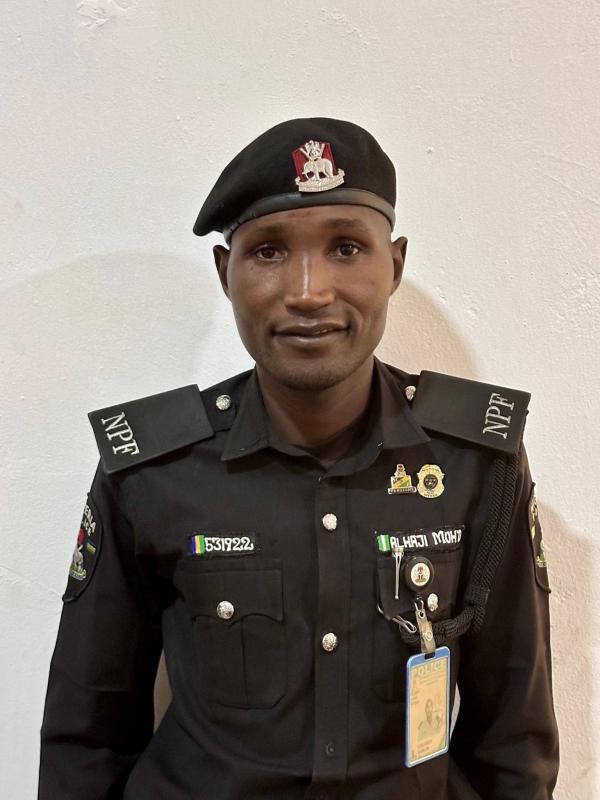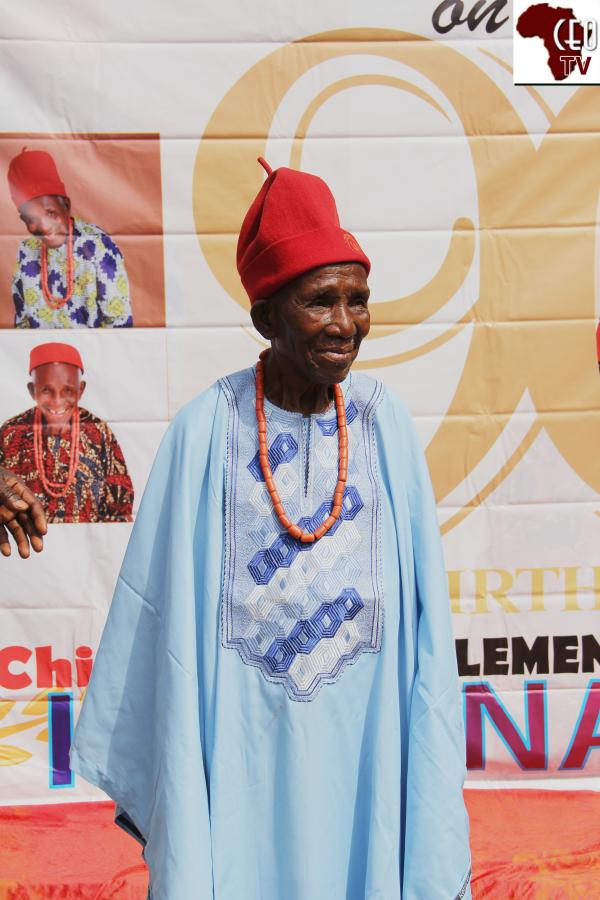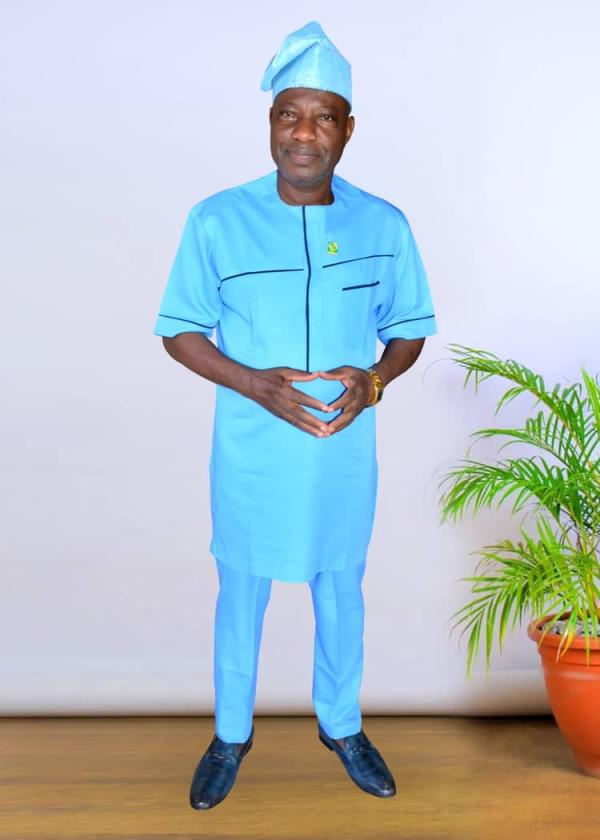
Kent Brantly, A US survivor of the Ebola Virus has described his ordeal at a Senate Meeting in Washington DC, US.
The Ebola survivor and doctor reportedly got infected while working as a medical missionary in Liberia.
Describing his horror as a victim of the Viral disease, he says:
On July 23, I started to feel ill. Three days later, I learned that I had tested positive for Ebola Virus Disease. I became a patient, and I came to understand firsthand what my own patients had suffered. I was isolated from my family, and I was unsure if I would ever see them again. Even though I knew most of my caretakers, I could see nothing but their eyes through their protective goggles when they came to treat me. I experienced the humiliation of losing control of my bodily functions and faced the horror of vomiting blood-a sign of the internal bleeding that could have eventually led to my death.
Brantley also agonized over the fact that the International community did not take any action since the outbreak of the disease over 9 months ago. They only stepped in when he and his colleague, Nancy Writebol got infected in July.
Since that time, there has been intense media attention and therefore increased awareness of the situation on the ground in Liberia, Guinea, Sierra Leone and neighboring countries, he said.
He also explained what it is really like to treat a patient suffering from the virus;
Treating Ebola patients is not like caring for other patients. It is grueling work. The personal protective equipment (PPE) we wore in the Ebola Treatment Unit becomes excruciatingly hot, with temperatures inside the suit reaching up to 115 degrees. It cannot be worn for more than an hour and a half. Because of the elaborate safety protocols involved in treating an Ebola patient, each one takes an average of 30 minutes of time from a team of three to five people. It is easy to see that a significant influx of medical personnel will be needed to adequately care for the thousands of people that epidemiologists now are predicting will fall victim to the disease in the coming weeks.
While trying to appeal to the US military to do something about the fast-spreading disease, Brantly explained:
“If we do not do something to stop this outbreak now, it quickly could become a matter of U.S. national security-whether that means a regional war that gives terrorist groups like Boko Haram a foothold in West Africa or the spread of the disease into America. Fighting those kinds of threats would require more from the Department of Defense than what I am asking for today.”
Kent Brantly also explained why the disease got out of control in Liberia:
The laboratory we used to confirm Ebola Virus Disease in patients was 45 minutes away and inadequately staffed. A patient would arrive at our center in the afternoon, and their blood specimen would not be collected until the following morning. We would receive results later that night at the earliest. This means that the turn-around time to positively identify Ebola cases was anywhere from 12 to 36 hours after the blood was drawn. If a patient is not infected with the virus,that can be a life-threatening delay…
These laboratory delays can have an even greater-and deadlier- consequence. The longer it takes to confirm a positive result, the longer an Ebola- infected patient is left in the “suspected” side of the isolation unit. Every precaution is taken to protect people in that part of the facility from cross-contamination, but there is always the potential that those without the disease can become infected if they are in close proximity to an Ebola-positive person.
He expressed his appreciation to Mapp Biopharmaceuticals for the lifesaving Zmapp.
I hope that the devastating impact of the current epidemic will result in new discoveries for treatments and vaccines in the future, but we cannot wait for a magic bullet to halt the spread of Ebola in West Africa. The current epidemic is beyond anything we have ever seen, and it is time to think outside of the box.
On a final note, Kent Brantly shared a few words on the challenges that lay ahead:
Historically, Ebola outbreaks have been contained through the identification and isolation of suspected cases, and this has worked extremely well to stop the disease. Today, however, the number of cases and rate of transmission are surpassing the ability of these traditional interventions to bring the situation under control. Intensive medical care is important, but it is given only to patients in isolation units. We know that the virus is being spread primarily by those who are unwilling or unable to go to an Ebola Treatment Unit…
The World Health Organization has laid out a roadmap similar to what I have just described, but they are so bound up by bureaucracy that they have been painfully slow and ineffective in this response. Their recommendations for home care were made August 28, and I am not aware of any significant progress in the implementation of their plan to date. It is imperative that the U.S. take the lead instead of relying on other agencies…
Many have used the analogy of a fire burning out of control to describe this unprecedented Ebola outbreak. Indeed it is a fire-a fire straight from the pit of hell. We cannot fool ourselves into thinking that the vast moat of the Atlantic Ocean will keep the flames away from our shores. Instead, we must mobilize the resources needed to keep entire nations from being reduced to ashes.






















